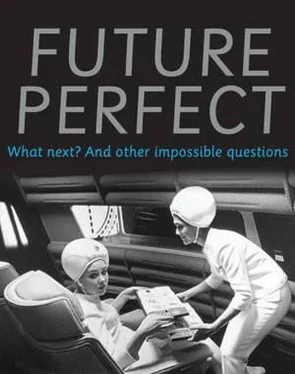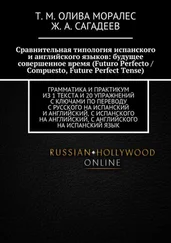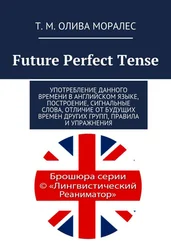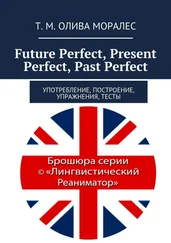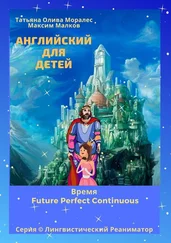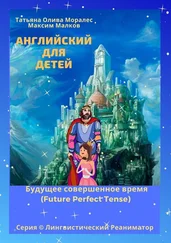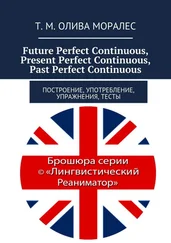This seems too much of a free ride for scientists so it doesn’t happen-especially in these times dominated by accountants sans frontières .
* * * *
Democracy
Since I came up with my list of five a few years ago, this second reason, which once puzzled the men in suits, has become more obvious. The Toowoomba debacle, in which residents, faced with an ill-conceived plebiscite, rejected the option of recycled water, is the most notorious example of democracy foiled by ignorance of science. Toowoomba faces a desiccated future. We citizens are also required to understand and make choices about everything from GM crops and stem cells to smart cards and nuclear power.
In the face of this brave new world of uncertainty, many are retreating into bovine credulousness, New Age ‘alternatives’ or a religions-based wholesale rejection of scientific ideas. It is not a coincidence that this rejection has parallels in the Middle East.
Unless the populace, here and abroad, gets wise enough about science to be able to choose its future, then, as the lady said, we’re in for a bumpy ride.
* * * *
Fun
Personally, I’d put this category first. How much delight is there in observing a starry sky, watching a bird make a tool, growing a crystal, curing warts, identifying a snake, using a microscope when you know what’s going on?
Science is dealing with what is around you-and inside you-not just a matter of curriculum. Curriculum is to science what a timetable is to the railways-a useful facet, not the main deal. Science is yours , not theirs . Your gut, your brain, your view of the cosmos, your understanding of how gravity makes a falling pudding splash.
Joining the scientific establishment is always an option, to increase your understanding. But no one thinks an appreciation of music automatically requires you to become a concert pianist or conductor. We all enjoy music in various ways. In the same fashion we can all enjoy nature. Doing so in an informed way is the essence of science.
* * * *
Quarantine
‘I say, chaps, let’s do some hunting. There aren’t any foxes in Australia, so let’s import some. Gadzooks!’
They did the same with cane toads, rabbits, stoats in New Zealand-and those dreaded Australian possums- lantana, killer grasses, exotic bivalves and much else, with awful consequences. The cost of weeds and feral animals has been astronomic.
Then there are the new products of science-the genetic engineering, the psychological treatments, the energy systems, the IT gear, the vaccines for pandemics, the surgical techniques. Who will decide whether they should be let loose in our society or kept away? If we do not have a cadre of experts and informed laypeople covering the field in these unpredictable times we shall be left vulnerable.
* * * *
To tell us who we are
Put it another way: science can tell us who we are not . We are not a separate creation from animals; blacks are not a different species; women are not stupider than men.
Our modern picture of who we are is fundamentally set by science. We no longer believe in witches, possession by the devil, an Earth-centred universe or miracles because science has alternative, deeply tested explanations. Our relatively recent understanding of Aboriginal history in Australia, going back 50,000 years instead of 5000, has helped changed the law, giving us the Mabo and Wik judgments, making Australia different, for better or worse.
We can also now be more forgiving about madness, even criminality. Brain states produced by chemicals or injury can produce predictable maladies. We know the forensic nature of ‘evil’.
Knowing who we are is essential to facing the future.
* * * *
These five reasons for doing science are unarguably vital to the national interest and crucial to each individual. How odd, therefore, that science is languishing both in the public mind and in terms of government support. Nearly every day brings another grim stat or gloomy pronouncement.
The first few days of 2007 offered the following. ‘Science scores mock clever country’ was the headline in The Australian on 2 January, over a story proclaiming that science courses at our universities are so unpopular that entry scores are below those for macramé and fashion design. Chief scientist Dr Jim Peacock was quoted as saying, ‘It’s depressing and worrying. We have to be concerned about the replacement of ageing researchers.’ This followed science minister Julie Bishop’s statement in 2006 that in five years we shall be 20,000 scientists short. ‘All this reinforces the need for a fundamental overhaul of the way science is taught in this country,’ editorialised The Australian . ‘Science is more than a cultural construct, it is a disciplined way of thinking that has the power to change the world.’
Two days later we were told, ‘The number of school students studying science across the nation has dropped by one-third in five years and the proportion of university graduates with a maths qualification is less than half the OECD average.’ The National Report on Schooling for 2005 indicated that the number of high schoolers opting for a science degree fell from 147,000 in 2000 to 107,000 in 2005.
‘What will happen if we fail to invest appropriately in higher education?’ I asked Dr John Yu, former Chancellor of the University of New South Wales and Australian of the Year. ‘We shall become the white trash of the Pacific,’ he answered without hesitation. (The increases announced in the federal budget are a welcome boost-a start, perhaps?)
None of this should be remotely surprising. I remember tripping along to the Cabinet room in Canberra twenty years ago at the invitation of Bob Hawke’s science minister Ross Free (himself a former science teacher). It was to discuss what became known as the ‘Nerds and Losers’ survey on the state of science in Australia and its future, so called because that’s what Australian school kids dubbed those few weirdos who opted for Science. Chuck Chunder !
At the turn of the century four of our major scientific organisations-the RACI (chemists), AIP (Sciences Council), Institution of Engineers and Maths Council- issued two statements:
‘If the current rate of university losses continues, there will be no Chemistry, Physics, Mathematics or Engineering to support innovation after 2020 AD.’
‘If the current rate of secondary school participation in Chemistry, Physics and Advanced Mathematics continues, there will be no enabling science in secondary schools beyond 2020 AD.’
They are referring in both statements to the ‘enabling’ sciences that turn the wheels of industry.
Of course kids don’t want to do science. It’s difficult; it seems like an Everest of knowledge you have to climb-all the way or nothing. And you end up, even if you keep scoring mega marks, with twenty times less money than the snots who cruise straight into commerce courses-and wait an extra decade to get there. Nothing has changed. Primary school teachers of science have scant qualification in the subject; the average age of science teachers in high schools the last time I checked was 58 (oddly, the same as for program-makers at ABC Radio National), and starting salaries for science graduates would be funny-if they weren’t tragic. The last time I dared find out how many intending science teachers graduated with physics in a year in New South Wales the answer was two .
I could go on.
The strange thing about discussion of either broadcasting or science education in Australia is that it is so repetitive and the assumptions are so old-fashioned. TV becomes a matter of ratings competitions instead of a discussion of how fresh talent can use the digital technology to produce ultra-cheap original material (remember Mike Rubbo’s Race Around the World or Race Around Australia for ABC-TV?) rather than globalised co-productions costing $2 million an hour. With science the lament is that somehow Jack and Jilly don’t want to study flat out until they are thirty so they can get a job at the CSIRO or at a university (half the geology departments around Australia have been closed, and chemistry is at risk) to earn about the same as a cleaner.
Читать дальше
